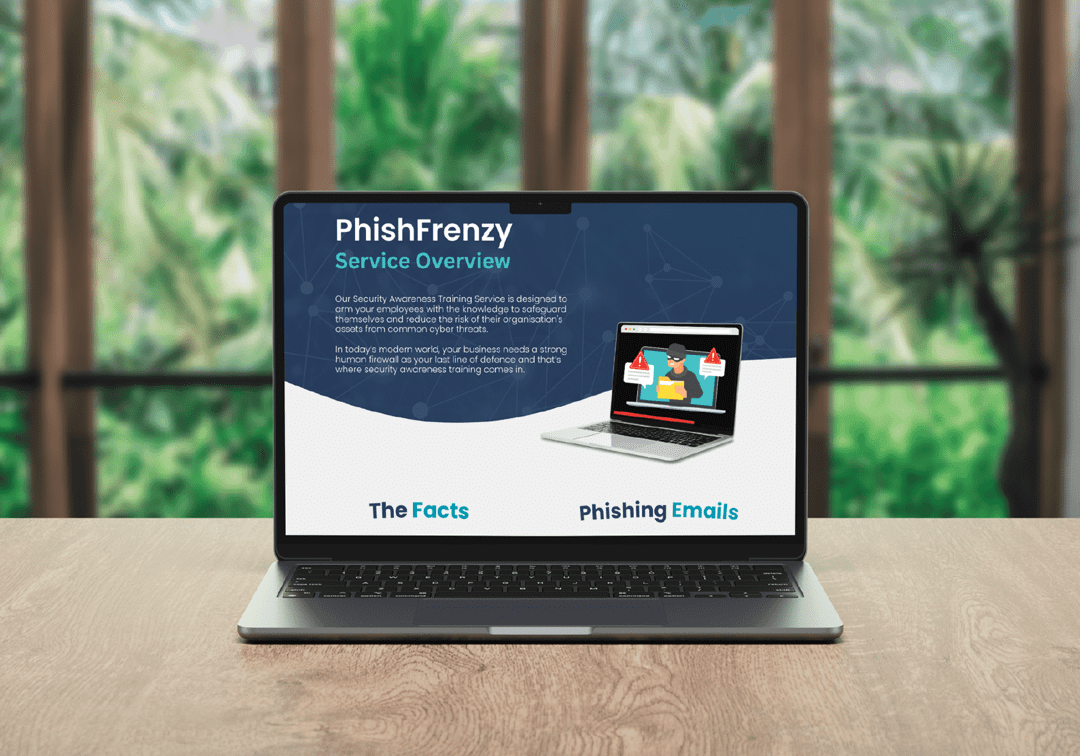
Over a Third in the Past Year
Over a Third in the Past Year
The public is being urged to heighten caution after more than 32 million phishing emails were reported to the Suspicious Email Reporting Service (SERS). Alarmingly, over a third of these reports have been made in the past year alone, highlighting a significant rise in phishing activity.
Phishing Scams on the Rise
Action Fraud, the UK’s national fraud and cybercrime reporting centre, launched a national phishing awareness campaign on June 24, 2024, as the number of reports reached record levels since the inception of SERS. New data indicates a 44% increase in reports year-on-year, with nearly 11.6 million reports in 2023, up from just over eight million in 2022.
Alongside the phishing emails, a substantial number of text message scams have also been reported to the free service 7726, provided by mobile network operators. In March 2024 alone, over 60,000 malicious websites were taken down thanks to reports forwarded via 7726.
What Experts Are Saying
Claire Webb, Deputy Head of Action Fraud, emphasized the importance of vigilance, stating, “When fraudsters go phishing for valuable information, anyone could be a target. They will hook an unknowing victim with a genuine-looking email, in a bid to get them to share personal information or bank details. The growing number of reports year on year is a clear sign that people are becoming more aware, but the threat remains significant.”
How SERS is Making a Difference
SERS, launched by the National Cyber Security Centre (NCSC) and the City of London Police in April 2020, enables the public to forward suspicious emails and report malicious website links. Since its launch, more than 32 million reports have been made, leading to the removal of over 329,000 website addresses by the NCSC.
Real-life Impact of a Phishing Scam
One notable case in 2023 involved a London doctor who lost over £150 to a phishing email that appeared to be from TV Licensing. The email, which coincided with the expiry of her TV license, directed her to a fake website replicating the real TV Licensing site, tricking her into renewing her license and providing her payment details.
Our Thoughts
Imagine the impact of only just one these targeted campaigns going out at scale every single day. The surge in phishing scams is both concerning and predictable. Cybercriminals are constantly evolving their tactics, making it imperative for individuals to stay informed and vigilant. The rise in phishing reports suggests growing awareness but also underscores the persistent threat these scams pose.
Protecting Yourself from a Phishing Scam
Phishing emails and text messages can be deceptively genuine. Here are some practical steps to safeguard against them:
PhishFrenzy Can Help
PhishFrenzy Can Help
The significant rise in phishing email reports is a stark reminder of the ever-present threat of cybercrime. By staying vigilant and following best practices for identifying and reporting phishing attempts, we can protect ourselves and help reduce the impact of these scams. Concerned about the risks of human error in your business? Let’s chat!




